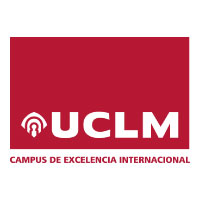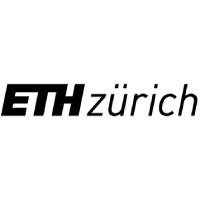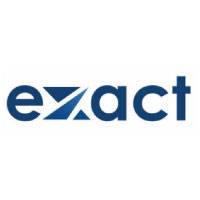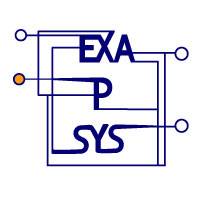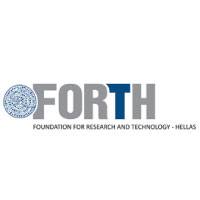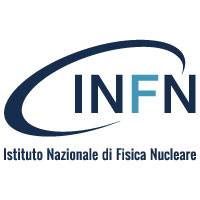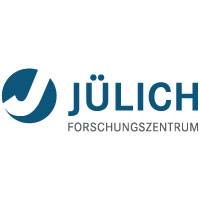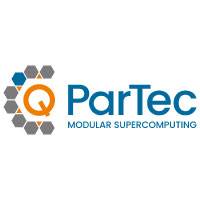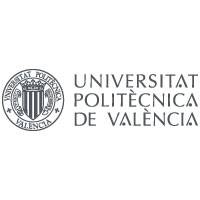The Universidad de Castilla-La Mancha (UCLM, www.uclm.es) is a young Spanish university, with a high teaching and research potential. It has four campuses located in four cities: Albacete, Ciudad Real, Cuenca and Toledo. It is a modern, competitive institution, which hosted 25.407 students, 1.751 lecturers and researchers and 1.130 administrative and services staff members during the academic course 2019-2020. This implies having a great human capital at the institution, making it a smart option for those who wish to improve their lifelong learning and also for international students who chase their academic, vital or language enrichment. UCLM integrates 36 academic departments offering 64 degree qualifications, having two peculiar features: a) it is multi-disciplinary, undertaking work in practically all branches of knowledge; and b) its activities are very wide-ranging, embracing the spectrum from basic research to technological development. Moreover, UCLM possesses an important attractiveness for industry, since they are able to find opportunities to optimize their Research and Development (R&D) options for the wide research catalogue through their Knowledge and Technology Transfer Office (https://www.uclm.es/empresas/otri).
A total of 17 R&D contracts were managed under the 6th Framework Program (FP6), 37 approved projects under FP7 and CIP, as well as 47 granted projects under H2020 and COSME. Regarding other European and international R&D programs, 21 projects were granted from 2002 to 2006, 36 during the 2007-2013 period and 44 from 2014 until now. All these projects are managed through the European and International R&D Projects Office , (https://www.uclm.es/investigacion/ope), which was officially established in 2008 and has an extensive experience.
In addition, since 2019, the UCLM has its Science Culture and Innovation Unit (UCC+i) of UCLM (UCLMdivulga; https://www.uclm.es/misiones/investigacion/uclmdivulga) aims to make understandable the value of the work of scientists to society with the objective of increasing the scientific culture of citizens and their interest in the Science, Technology and Innovation.
UCLM is also a non-discriminatory public organization. Providing transparent recruitment, it ensures appropriate working conditions (following national legislations on health-and-safety, labour ethics, etc.) and providing a fair and attractive remuneration package. On January 15, 2019, the European Commission granted the UCLM the Human Resources Excellence in Research Award (HRS4R). Moreover, UCLM has an Equality Unit that oversees all its activities.
Within the UCLM, the researchers involved in this project belong to the Albacete Research Institute of Informatics (I3A). More specifically, they belong to the largest group among the six integrated in the I3A: the “High-Performance Architectures and Networks” (RAAP, from its name in Spanish) group. Along 28 years of activity, the group has made significant contributions to the state-of-the-art in interconnects for HPC & DC systems, cloud, multimedia, IoT/CPS, security, etc. Many of these contributions are the result of collaborations with other universities, research centers, and leading companies. Currently, 40 researchers (20 professors and 20 PhD students) are members of the group. The group has developed 16 research projects in the last 5 years, that total 2,5 M€ funding.
UCLM-RAAP role in the RED‑SEA project
The UCLM-RAAP group will contribute to the RED-SEA project providing its expertise in high-performance interconnects, hence being involved mainly in the tasks focusing on the network architecture domain. In particular, the group will collaborate on all the tasks of WP3, that address network resource management to improve interconnect efficiency: routing, QoS, congestion & power management, etc. In addition, the group will collaborate on WP2 by developing tools oriented to network monitoring. Moreover, the UCLM-RAAP will contribute to the project providing its expertise in the development of accurate and scalable interconnection network simulators, for the sake of an appropriate simulation-based evaluation of the techniques proposed in the project. In that regard, the UCLM-RAAP will collaborate on the task of WP1 which focuses on simulation platforms, but also on other related task of WP4. Overall, the project will benefit from the expertise of the UCLM-RAAP group in the fields mentioned above, which means an opportunity for technology transfer, while the group will benefit from first-hand knowledge of the state-of-the-art advances in the interconnects which are expected from the project.


